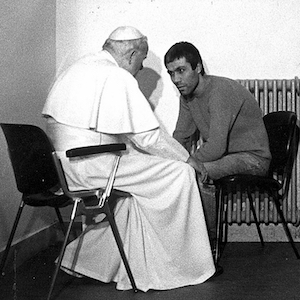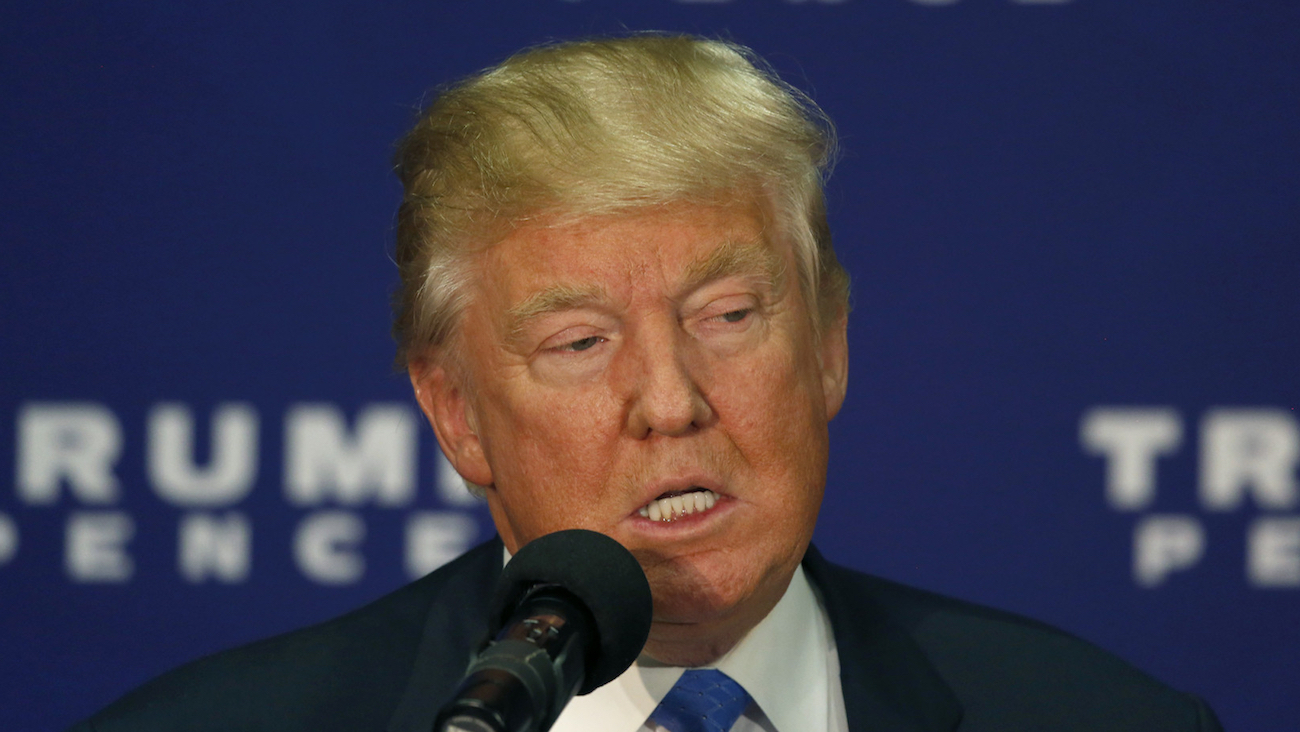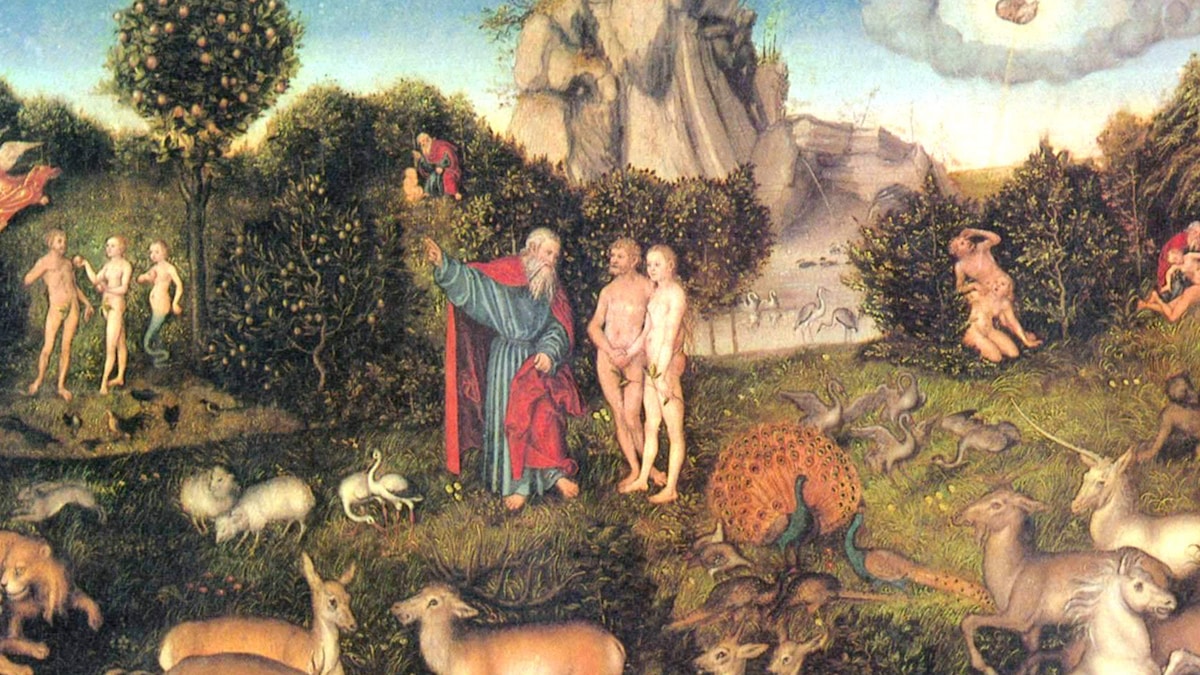On the evening of August 17, 1998, President William Jefferson Clinton addressed the American people with these words:
This afternoon in this room, from this chair, I testified before the Office of Independent Counsel and the grand jury. I answered their questions truthfully, including questions about my private life, questions no American citizen would ever want to answer. Still, I must take complete responsibility for all my actions, both public and private. And that is why I am speaking to you tonight.
As you know, in a deposition in January, I was asked questions about my relationship with Monica Lewinsky. While my answers were legally accurate, I did not volunteer information. Indeed, I did have a relationship with Miss Lewinsky that was not appropriate. In fact, it was wrong. It constituted a critical lapse in judgment and a personal failure on my part for which I am solely and completely responsible.
But I told the grand jury today and I say to you now that at no time did I ask anyone to lie, to hide or destroy evidence or to take any other unlawful action. I know that my public comments and my silence about this matter gave a false impression. I misled people, including even my wife. I deeply regret that.
I can only tell you I was motivated by many factors. First, by a desire to protect myself from the embarrassment of my own conduct. I was also very concerned about protecting my family. The fact that these questions were being asked in a politically inspired lawsuit, which has since been dismissed, was a consideration, too. In addition, I had real and serious concerns about an independent counsel investigation that began with private business dealings 20 years ago, dealings I might add about which an independent federal agency found no evidence of any wrongdoing by me or my wife over two years ago.
The independent counsel investigation moved on to my staff and friends, then into my private life. And now the investigation itself is under investigation. This has gone on too long, cost too much and hurt too many innocent people. Now, this matter is between me, the two people I love most — my wife and our daughter — and our God. I must put it right, and I am prepared to do whatever it takes to do so.
After his apology, guess what happened? The American people forgave him.
In her article, What Does the Bible Say About Forgiveness, author Mary Fairchild described the power of forgiveness:
- “Forgiveness is a choice we make through a decision of our will, motivated by obedience to God and his command to forgive.” (see Colossians 3:13)
- When we forgive, we do so out of faith and obedience. We “trust God to do the work in us that needs to be done so that our forgiveness will be complete.”
- “We must continue to forgive by faith (our job) until the work of forgiveness (the Lord’s job) is done in our hearts.” (see Philippians 1:6)
- In Matthew 18:21-22, Jesus teaches Peter (along with you and me) to be generous with our forgiveness. As such, Jesus “makes it clear that forgiveness is not easy for us. It’s not a one-time choice and then we automatically live in a state of forgiveness. Forgiveness may require a lifetime of forgiving, but it is important to the Lord. We must continue forgiving until the matter is settled in our heart.”
- We must forgive because Jesus has told us that if we don’t forgive, neither will we be forgiven. (see Mt 6:14-16 and Mk 11:25)
 During 1982, the unsuccessful assassination attempts of President Ronald Reagan and Pope John Paul II taught the world about the power of forgiveness and the healing it brings.
During 1982, the unsuccessful assassination attempts of President Ronald Reagan and Pope John Paul II taught the world about the power of forgiveness and the healing it brings.
The president’s daughter, Patti Davis, recounted her father’s witness: “The following day after the assassination attempt, my father said he knew his physical healing was directly dependent on his ability to forgive his attacker, John Hinckley. By showing me that forgiveness is the key to everything, including physical health and healing, he gave me an example of Christ-like thinking.”
Following his shooting by Mehmet Ali Ağca, now Saint John Paul II asked people to “pray for my brother [Ağca] … whom I have sincerely forgiven.” Later, he and Ağca met and spoke privately at the prison where Ağca was being held. After their meeting, Ağca kissed the Pope’s ring and it has been said that the Holy Father remained in touch with his family over the years.
But that was then and this is now. And now, GOP presidential candidate Donald Trump finds himself seated on perhaps the hottest seat ever for an American politician. With his decade-old reckless words regarding women having permeated the internet and media, many have stated that his words are: reprehensible, degrading, inexcusable, inappropriate, indefensible, and repugnant.
True enough. But unforgivable? Not really.








